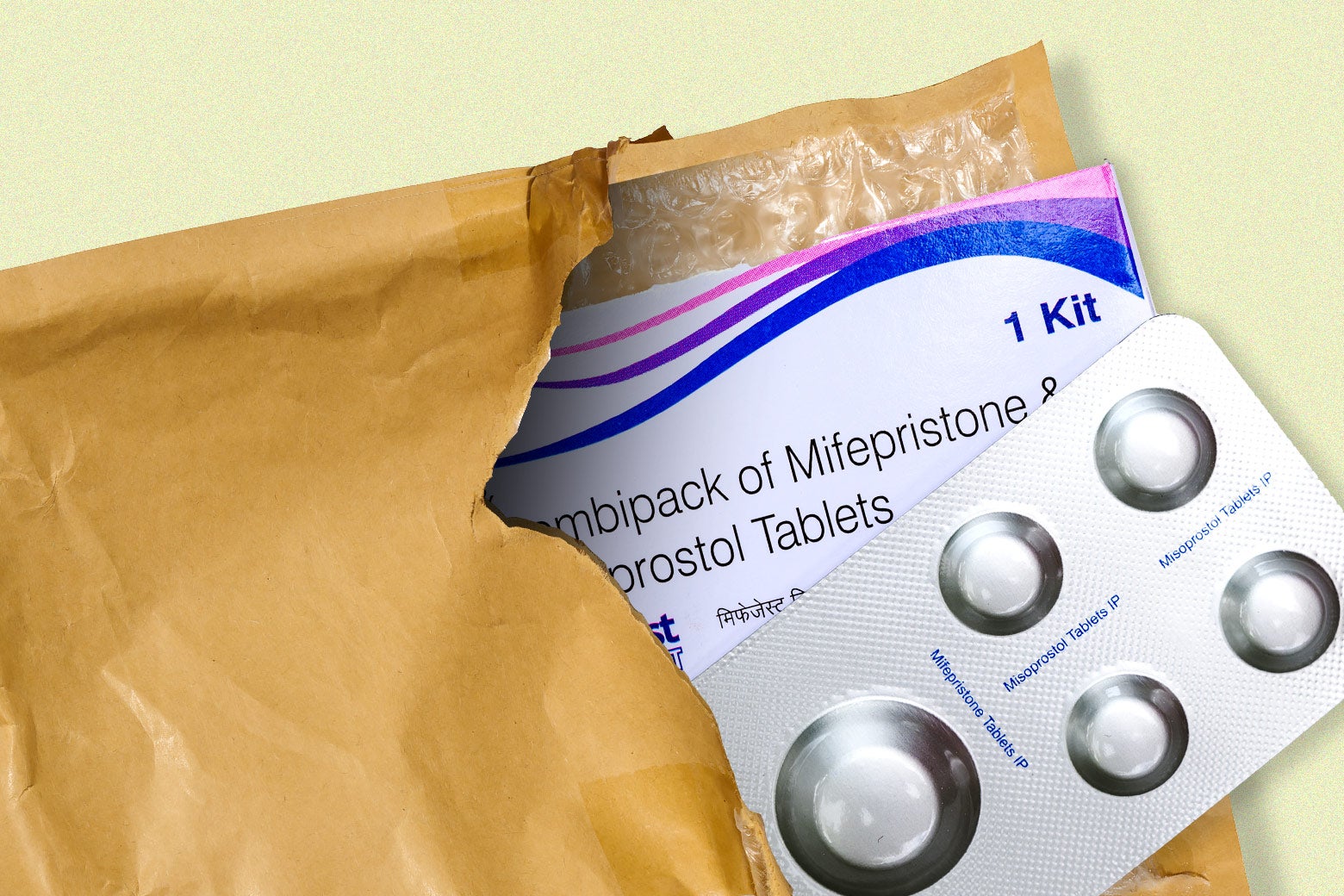Politics
Record Numbers of Non-Pregnant Individuals Ordering Abortion Medications

Why individuals who aren’t expecting are acquiring abortion medication. The landscape of reproductive health in the U.S. is in constant flux, particularly following the upheaval of Roe v. Wade in 2022. A notable trend has emerged: more individuals are purchasing abortion pills to have on reserve for potential future needs. This practice, known as advance provision of medication abortion, is a strategic approach being adopted by providers to broaden access to these medications. It falls into a complex legal gray area that abortion rights advocates view as an opportunity to enhance access.
Healthcare providers are increasingly integrating advance provision into their practices, while lawmakers—both those opposing and supporting abortion rights—are paying attention to its implications. Legal experts point out that advance provision could not only expand access but also influence the legal dynamics surrounding abortion. In some states, legislation has evolved to eliminate the requirement of a confirmed pregnancy, which could complicate the prosecution of advance provision and similar practices.
So what drives individuals to obtain medications in advance? Research out of the University of Texas at Austin reveals that tens of thousands are acquiring these pills as a precaution in the event of an unwanted pregnancy. Pre-May 2022, before the leaked draft of the Supreme Court’s Dobbs v. Jackson Women’s Health Organization decision, Aid Access received over 6,000 requests for advance provision. Post-leak, requests surged to more than 42,000—averaging about 118 daily—until the end of April 2023. This spike further escalated following conflicting judicial opinions regarding a case that raised concerns about limiting access to the abortion drug mifepristone.
These figures are striking and suggest that anxiety about shifting policies and court rulings drives individuals to seek alternatives. But what other motivations lead people to order medications early? Our in-depth interviews with those who purchased pills in advance reveal a widespread concern regarding current and imminent abortion bans. This apprehension makes sense given that abortion is outright banned or significantly restricted in over half of U.S. states. In response to these restrictions, more than 171,000 individuals sought abortion access elsewhere last year.
Our findings indicated that many individuals were quite tech-savvy, crafting backup plans because they wanted to ensure support for friends and family in similar situations. Some compared advance provision to keeping a fire extinguisher in one’s home—an essential item for unexpected emergencies. However, perhaps the most compelling insight was that some individuals felt the need to have a contingency plan for catastrophic scenarios. They expressed awareness that, due to their medical histories, pregnancy might be hazardous or highly problematic for them. Even those actively trying to conceive acknowledged the potential risks associated with what could be a desired pregnancy.
This heightened attention to pregnancy complications post-Dobbs parallels the experiences of individuals undergoing intensive fertility treatments like IVF who stockpiled these medications in case of unforeseen challenges. Fears persist that if complications arose during pregnancy requiring intervention, they might be denied necessary abortion care due to restrictive laws. Such apprehensions are supported by recent cases showing how abortion bans can hinder critical medical treatment. Reports indicate that abortion bans have delayed emergency medical assistance for numerous pregnant individuals throughout the country, with maternal health review committees only beginning to grasp the impact of the Dobbs decision.
Recently, alarming accounts have surfaced, including reports of women in Georgia who tragically died after being denied life-saving abortion care. These cases illustrate the dire consequences of restrictive abortion laws and a healthcare system that fails to provide timely medical intervention. The state of reproductive health rights in the U.S. is precarious, and our insights demonstrate that advance provision could be a lifeline amid this tumultuous environment, potentially shielding individuals from the adverse effects of abortion bans.
